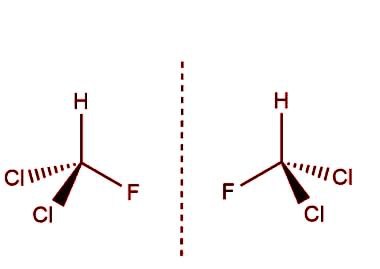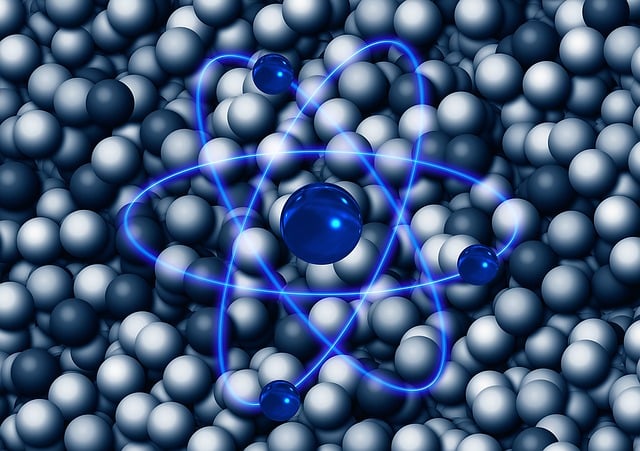Geochemistry
⇒ Definition and Meaning
Geochemistry is a branch of chemistry that deals with the study of the chemical composition and properties of the Earth's crust and other celestial bodies, as well as the chemical changes that occur within them. It focuses on understanding geological processes and the history of atoms in the Earth's crust and the planet as a whole. Geochemistry is concerned with the atomic and subatomic levels of geological structures to determine various aspects of major geological mechanisms such as the Earth's crust, oceans, and the solar system.
⇒ Applications
Geochemistry has broad applications in geology and many other fields. Some of the applications include:
- Mineral exploration: Geochemistry is used to explore for minerals by analyzing rock and soil samples for the presence of specific elements or compounds.
- Environmental studies: Geochemistry helps in the understanding of the impact of human activities on the environment.
- Petroleum geology: Geochemistry is used to understand the formation and characteristics of petroleum and natural gas deposits.
- Climate science: Geochemistry is used to reconstruct past climate conditions by analyzing the chemical composition of ice cores, sediment layers, and other natural archives.
- Astrobiology: Geochemistry is used to study the chemical composition of other planets and moons in our solar system and beyond.
⇒ Current Developments
The field of geochemistry is constantly evolving with new techniques and technologies being developed for geochemical analysis. Current developments include:
- Microanalytical techniques: These techniques allow for the analysis of very small samples, which is particularly useful in studying meteorites and other extraterrestrial materials.
- Isotope geochemistry: Isotope geochemistry is the study of the isotopic composition of elements in rocks, minerals, and other materials. It is used to understand the origin and evolution of the Earth and other planets.
- Environmental geochemistry: Environmental geochemistry is the study of the chemical and physical processes that control the fate and transport of contaminants in the environment.
⇒ Future Developments:
Future developments in geochemistry are likely to be driven by advances in technology, including:
- Big data analysis: With the increasing availability of large datasets, there is a growing need for new approaches to analyzing and interpreting geochemical data.
- Machine learning: Machine learning techniques are increasingly being used to analyze large datasets and identify patterns and relationships in the data.
- Novel analytical techniques: New analytical techniques are likely to be developed that will allow for more precise and accurate geochemical analysis.
In conclusion, geochemistry is a diverse field with broad applications in many areas of science. As the field continues to evolve, new techniques and technologies are likely to emerge, leading to new insights into the chemical processes that shape our planet and the universe beyond.
Frequently Asked Questions – FAQs
⇒ What is geochemistry?
Geochemistry is the study of the chemical composition and processes of Earth and other planets.
⇒ What are the major elements in Earth's crust?
The major elements in Earth's crust are oxygen, silicon, aluminum, iron, calcium, sodium, potassium, and magnesium.
⇒ What are the applications of geochemistry?
Geochemistry has applications in various fields such as mineral exploration, environmental studies, petroleum exploration, and planetary science.
⇒ What is the importance of geochemical analysis?
Geochemical analysis provides insights into the composition and processes of Earth's surface and interior, which are critical for understanding geological phenomena such as volcanism, tectonics, and ore formation.
⇒ What are the tools used in geochemistry?
The tools used in geochemistry include mass spectrometry, X-ray fluorescence spectroscopy, and electron microscopy.
⇒ What are the types of geochemical cycles?
The types of geochemical cycles include the rock cycle, water cycle, carbon cycle, and nitrogen cycle.
⇒ How is geochemistry related to climate change?
Geochemistry plays a role in understanding the carbon cycle and the impact of greenhouse gases on climate change.
⇒ What is the difference between geochemistry and geology?
Geology focuses on the study of Earth's physical structure and history, while geochemistry focuses on the chemical composition and processes of Earth.
⇒ How is geochemistry used in mineral exploration?
Geochemistry is used in mineral exploration to identify potential mineral deposits by analyzing the chemical composition of rocks, soils, and water.
⇒ How is geochemistry used in environmental studies?
Geochemistry is used in environmental studies to monitor and understand the impact of human activities on the environment, such as pollution and climate change.
Let me know if you have more questions or if there is a specific topic that you would like to know more about.





If you have any doubts, please let me know